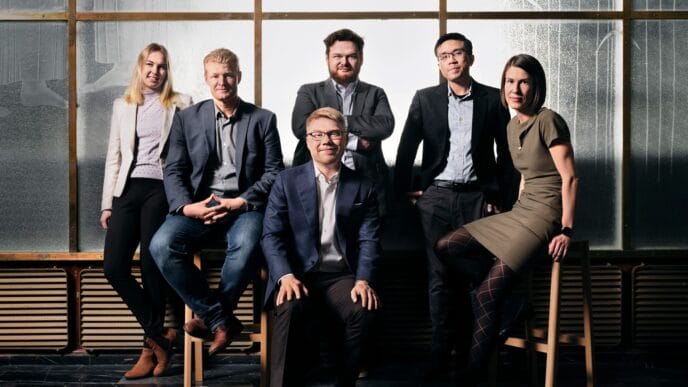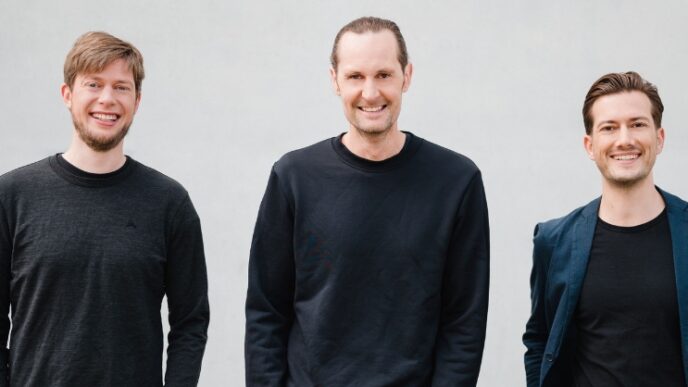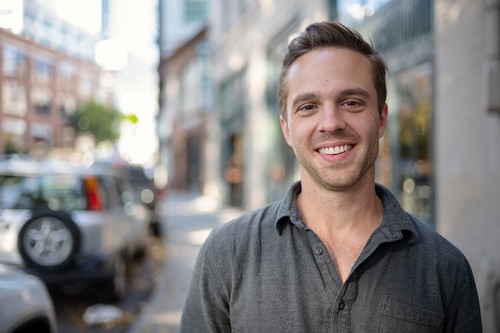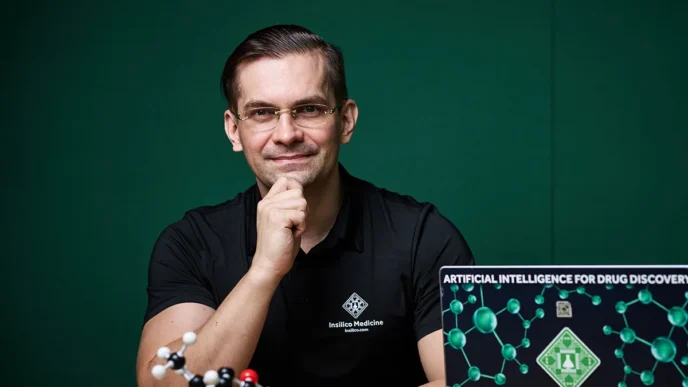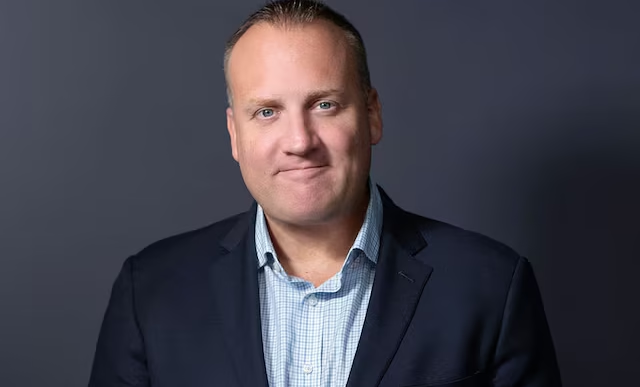At last month’s European Innovation Council (EIC) Summit in Brussels, three inspiring entrepreneurs were honoured with the 11th edition of the European Prize for Women Innovators. The awards celebrate the remarkable women founders who are not only breaking barriers in their industries but also shaping the future of science, health, and sustainability across Europe.
Backed by the European Innovation Council, EISMEA, and EIT, these prizes shine a spotlight on the women leading game-changing startups across the EU. We caught up with this year’s winners to explore what drives them, their milestones, and how it feels to be recognised for their visionary leadership.
A Pill That’s Bringing New Hope in Fertility
The Women Innovators Award went to Agnès Arbat, cofounder of Oxolife, a Spanish biotech company working to revolutionise fertility treatment. Her mission? Make it easier for women to get pregnant through a pill that improves embryo implantation.
Arbat began working on the science behind Oxolife back in 2011 and formally launched the company in 2013. Today, she’s leading the development of OXO-001 — a first-in-class oral drug that acts directly on the uterine lining to increase the chances of embryo implantation.
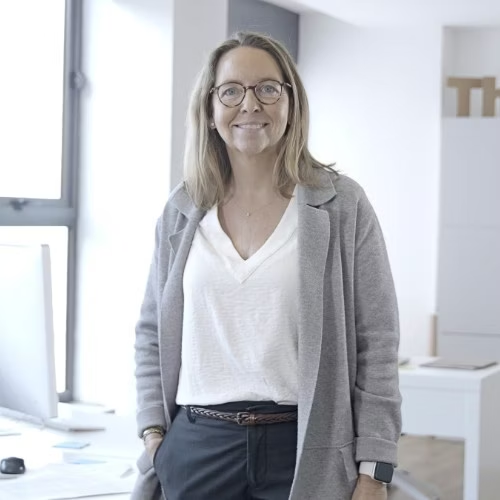
Their latest Phase 2 clinical trial delivered remarkable results: OXO-001 boosted implantation success by over 23%, contributing to a 7% rise in live birth rates. So far, the treatment has played a role in the birth of 148 babies — a milestone Arbat calls one of her proudest achievements.
Beyond fertility, the company is now preparing for a second indication: helping patients with Polycystic Ovary Syndrome (PCOS). Preclinical studies are nearly complete, with Phase 3 trials scheduled for 2026.
So far, Oxolife has secured $8.3 million in funding, including support from EIT Health and Spain’s Ministry of Science and Innovation. For a biotech startup not affiliated with a hospital or university, Arbat says this financial backing has been critical to their survival — especially when navigating regulatory hurdles.
“Support from EIT Health was game-changing,” she says. “It allowed us to speak directly with regulators and build a solid clinical plan for our first-in-human trials. That made all the difference.”
AI That Predicts Which Drugs Will Work — Before Testing
The Rising Innovators Award, which recognises top female entrepreneurs under 35, went to Camille Bouget, cofounder of Scienta Lab in France. Her startup is using AI to solve one of pharma’s biggest headaches — identifying the right therapies for the right patients before human trials even begin.
With a background in pharmacy and experience at global pharma giants like Sanofi and Sandoz, Bouget saw firsthand how long and inefficient clinical trials can be — especially in autoimmune and inflammatory diseases. Scienta Lab’s solution? EVA, an AI foundation model that simulates how new treatments will perform based on limited early-stage data, such as lab tests on cells or animals.
“Over 90% of drugs in this space fail during trials,” Bouget explains. “EVA allows companies to make informed decisions much earlier in the process, reducing costly failures and helping patients faster.”
Initially focused on rheumatoid arthritis, Scienta Lab quickly realised its platform could have a broader impact. Today, EVA supports 15 autoimmune conditions, and the company has raised $4.4 million to expand its reach.
Bouget hopes that her journey — alongside those of her fellow winners — encourages more young women to pursue innovation.
“By sharing our stories, we can inspire the next generation of female founders and show that their ideas deserve a place in the world,” she says.
Turning Fruit Waste Into Functional Food Ingredients
This year’s EIT Women Leadership Award went to Débora Campos, the Portuguese founder of AgroGrIN Tech. Her company is on a mission to transform industrial fruit waste into high-value food ingredients, creating a new blueprint for sustainable nutrition.

Campos first explored this idea during her PhD research, which focused on extracting useful compounds from fruit byproducts. She saw potential not just in reducing waste, but in unlocking nutritional and commercial value from discarded materials.
AgroGrIN Tech was born from that vision — and is now building a global clean-label ingredient company that blends profit with purpose. Their process helps food manufacturers create healthier, more sustainable products while contributing to a circular economy.
Early support from the EIT Food Accelerator Network proved vital. Campos credits the programme with helping refine the company’s business model, validate the technology, and speed up their go-to-market plan.
“That ecosystem gave us credibility, mentorship, and a valuable network,” she says. “Without it, we would have faced a much steeper climb.”
One of her proudest moments came when AgroGrIN Tech’s first pilot production facility went live. Winning the Women Leadership Award was another emotional milestone.
“This recognition validates the impact science-led female founders can have. It’s more than a personal win — it’s a statement that women are driving the future of sustainable innovation.”





